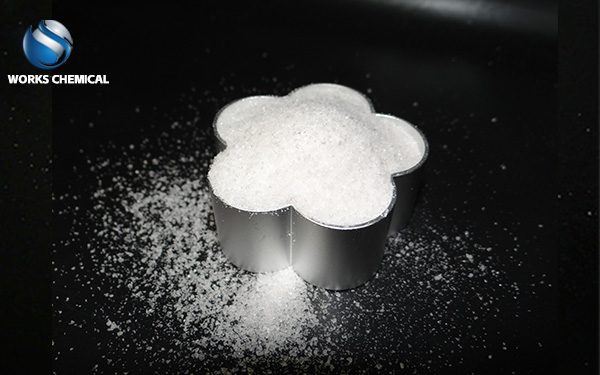
The comparison of sludge enhancer and ordinary sludge conditioner in terms of economy needs to consider a number of factors, including treatment effect, use cost, equipment maintenance cost and subsequent treatment cost. Here is a detailed analysis of the economics of both:

Treatment effect and cost effectiveness
Sludge synergist:
Treatment effect: sludge enhancer can significantly improve the dewatering efficiency of sludge, reduce the moisture content of sludge, thereby reducing the volume of sludge and reducing the cost of subsequent treatment.
Cost of use: Although the initial purchase cost of the sludge booster may be higher, it may be more cost-effective in the long run due to its high dewatering efficiency, which can reduce energy consumption and labor costs in the sludge treatment process.
Common sludge conditioner:
Treatment effect: Ordinary sludge conditioner also has a certain dewatering effect, but it is usually difficult to achieve the deep dewatering effect of sludge synergist.
Cost of use: The purchase cost of ordinary sludge conditioner is relatively low, but due to its limited dehydration efficiency, more agents may be required to achieve the ideal dehydration effect, thus increasing the cost of use.
Equipment maintenance cost
Sludge enhancer: Because the sludge enhancer can improve the fluidity of the sludge and reduce the wear and blockage of the sludge on the dewatering equipment, it can reduce the maintenance cost of the equipment.
Common sludge conditioners: Some traditional sludge conditioners (such as lime) may cause corrosion to the dewatering equipment, thus increasing the cost of equipment maintenance.
Subsequent processing cost
Sludge synergist: Due to the reduced moisture content of the dehydrated sludge, the volume is reduced, which is convenient for subsequent transportation, storage and disposal, so the subsequent treatment cost can be reduced.
Ordinary sludge conditioner: the dehydration effect is relatively poor, which may lead to higher subsequent treatment costs.
Comprehensive comparison
Considering the above factors, although the initial purchase cost of sludge enhancer may be higher, its economy may be better than that of ordinary sludge conditioner in the long run due to its significant dewatering effect, reduced equipment maintenance costs and subsequent treatment costs. However, the specific choice of which agent still needs to be considered according to the nature of the sludge, treatment requirements and economic conditions and other factors.
In short, the comparison of the economy of sludge enhancer and ordinary sludge conditioner needs to consider a number of factors. In practical applications, the selection should be made according to the specific situation to achieve the best economic and environmental benefits.